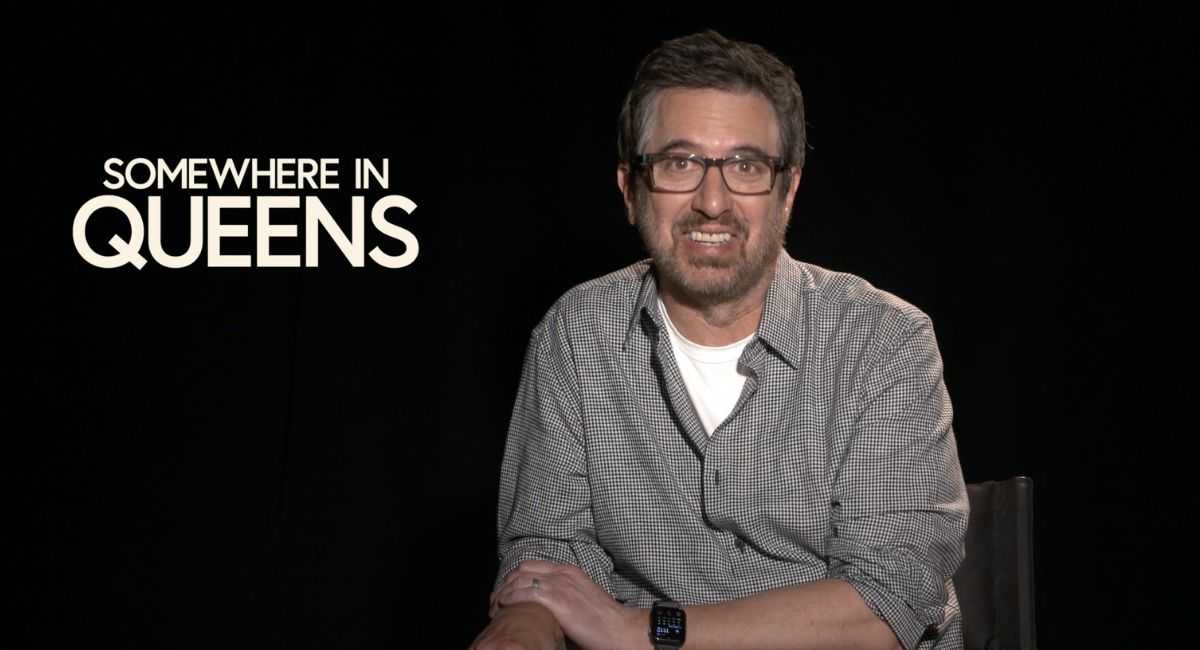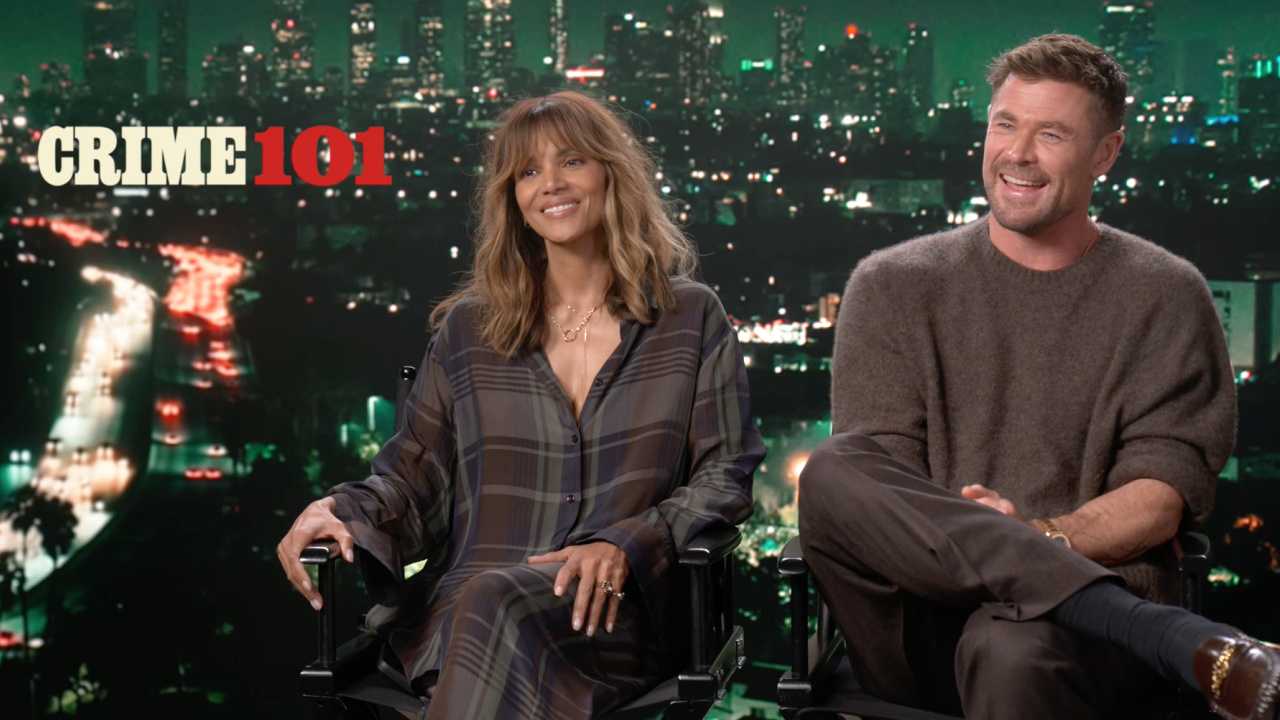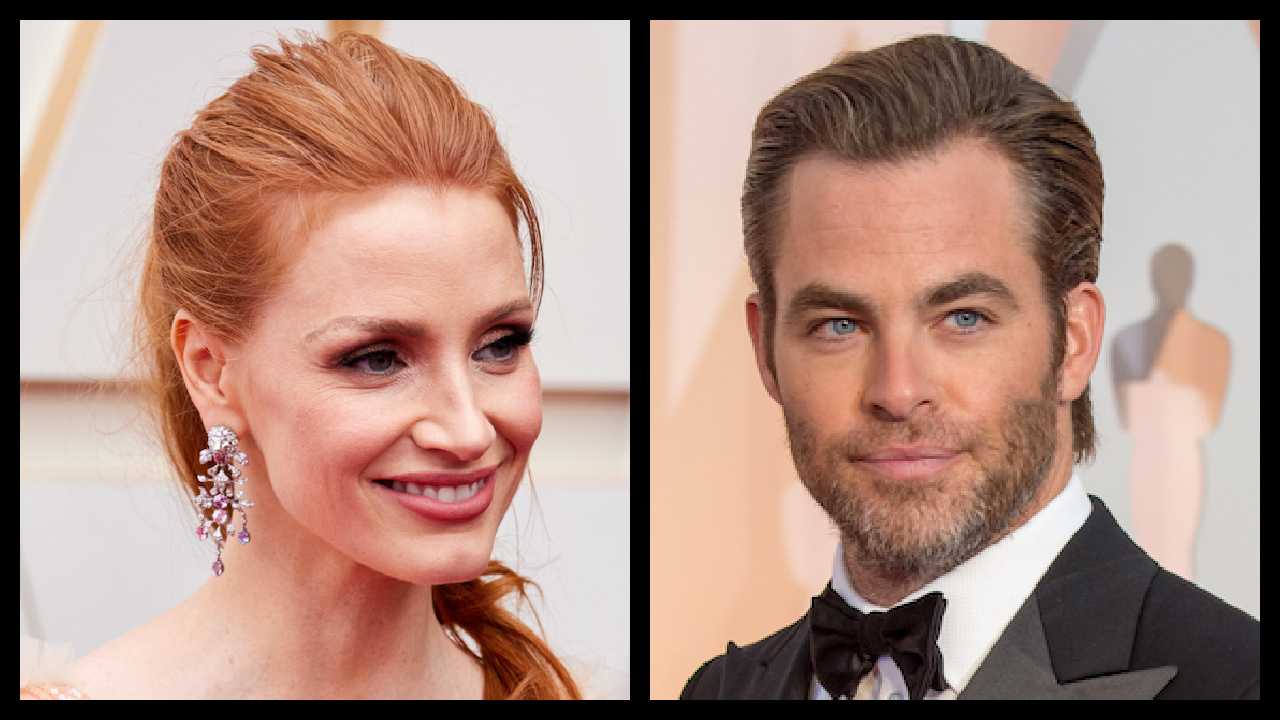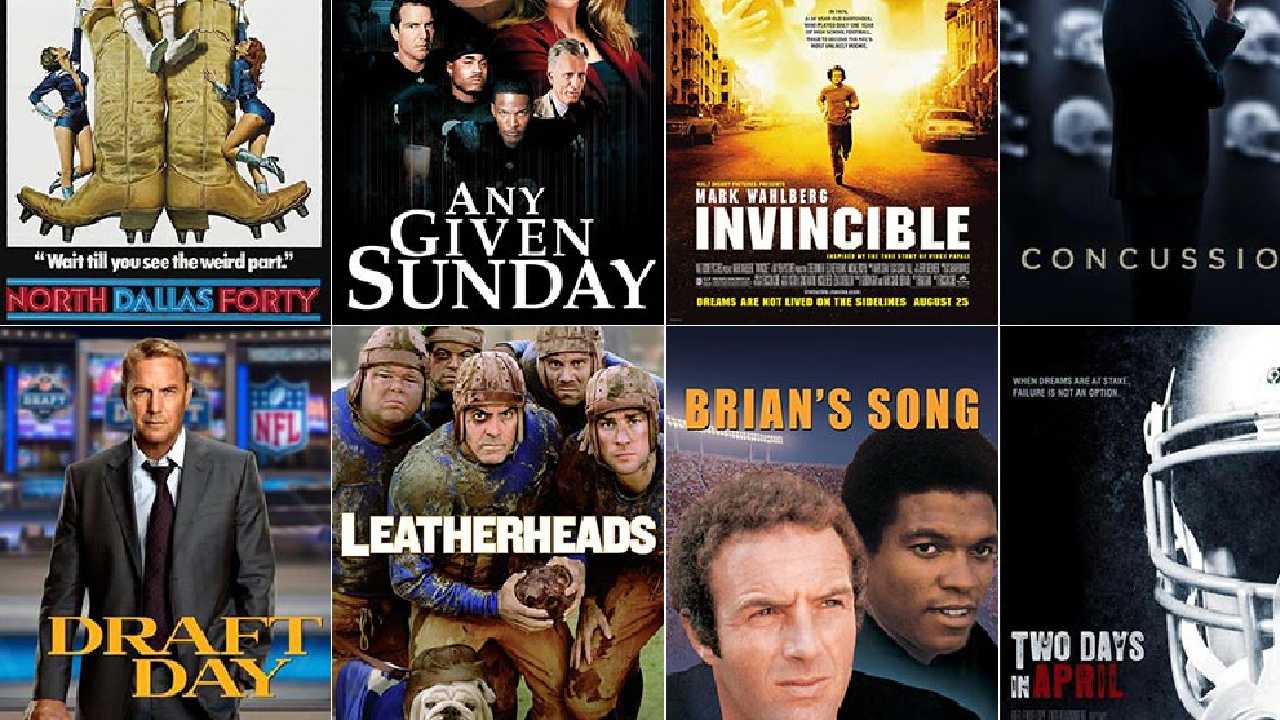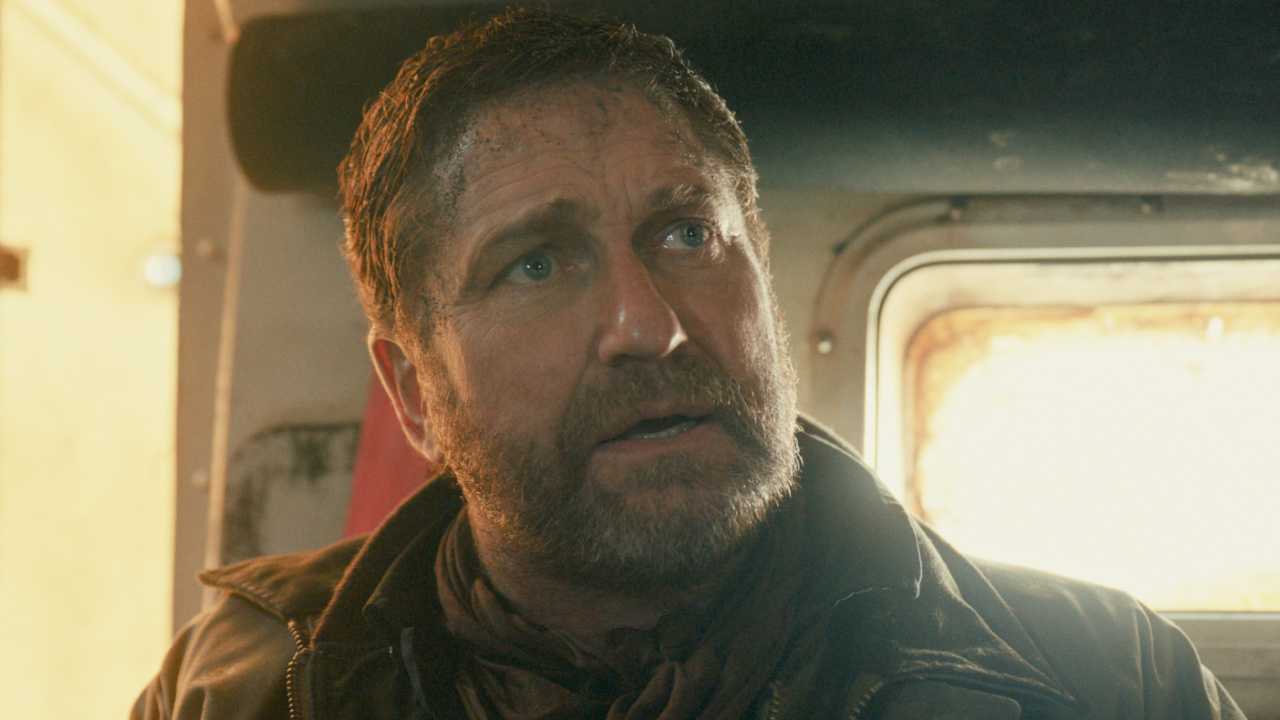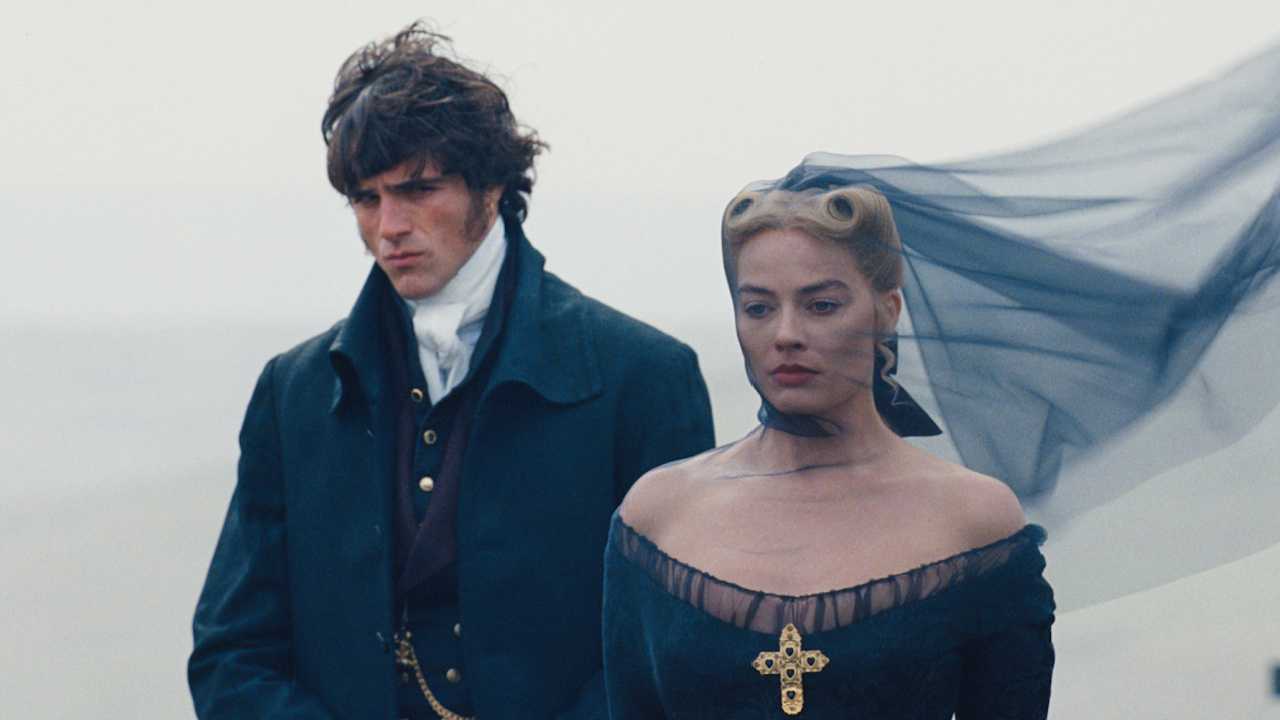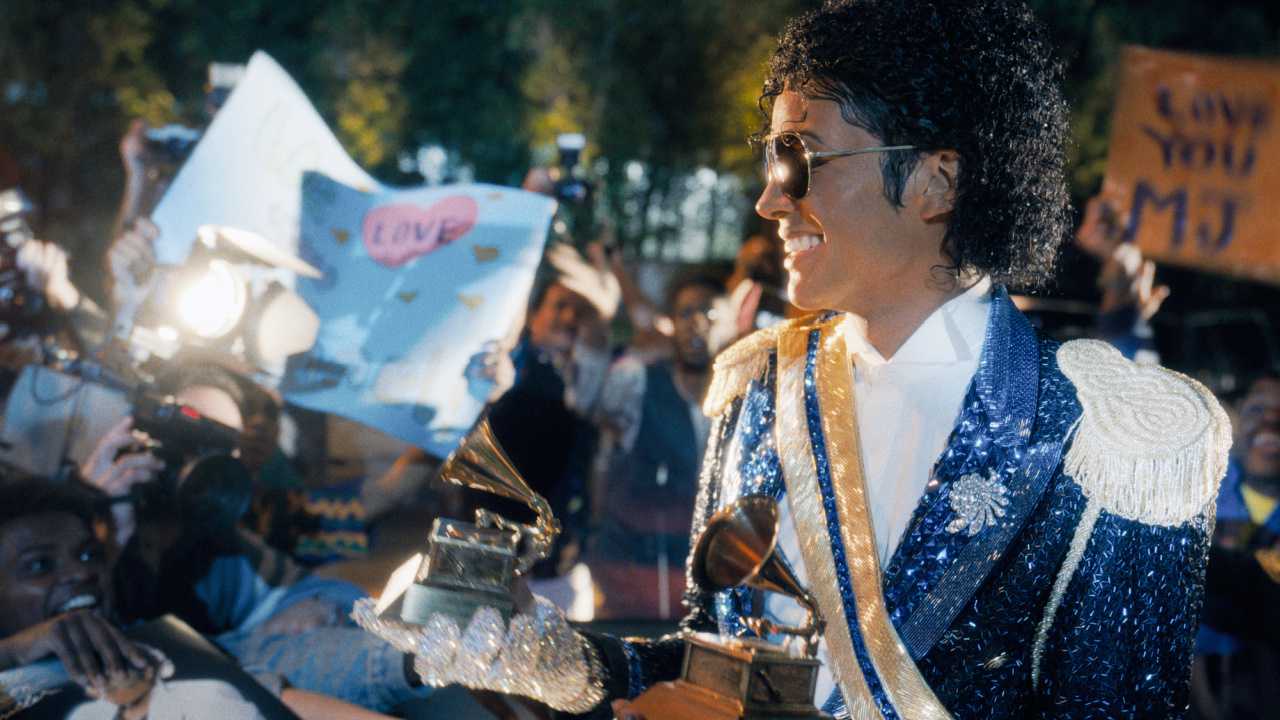Jim Parsons On the 'Big Bang' That Produced 'Young Sheldon'

Despite his plethora of off-putting peculiarities and his sky-high self-regard, "The Big Bang Theory's" Sheldon Cooper has become one of the most beloved characters in television history. And now TV audiences are getting a chance to fall for him all over again. Only this time as an 80s-era little boy learning to navigate the world with his advanced intellect in "Young Sheldon."
"We've been talking about this story on 'The Big Bang Theory' for ten years," says Chuck Lorre, the creator and executive producer of the ratings-rich sitcom that, a decade ago, first introduced the world to Sheldon, and to the soon-to-be-Emmy-winning actor behind the character, Jim Parsons. "The origins of Sheldon have been something we've been interested in writing about for a couple-hundred episodes of 'The Big Bang.' And so last fall, when Jim sent me an email discussing the possibility of actually taking it a step further, it just seemed like the greatest idea in the world."
Key to transforming Sheldon into a kid version of himself was stripping away many of the character's distinctive quirks, neuroses, anxieties and arrogance and revealing the innocent, if crazy smart, child he once was.
"So we made a decision early on that we're going to enter his life when he's very naive, when he's not yet become cynical and overly controlling," explains Lorre. "He has his idiosyncrasies, but he's a much more vulnerable and naive character as we enter the story in 1989." Thus, "Young Sheldon" introduces the lead character at nine years of age, just coming to grips with the fact that his oversized intelligence marks him as different from other kids his age. Iain Armitage plays the budding scientist, who's nurtured by his doting mother Mary (played by Zoe Perry, the real-life daughter of actress Laurie Metcalf, who plays the same role on "The Big Bang Theory") amid a family who loves him, but does not understand him.
Parsons joined Moviefone and a small group of press to further reveal his hands-on role in the development of a smaller bang theory.
On the adjustment to providing the new show's narration in characters as Sheldon:
Jim Parsons: I would say what's most different in just that it's speaking not as a new character, but in a new way. And the most exciting part of it is that. And it's what Chuck and [co-creator] Steve [Molaro] really did with it, which is that they turned it into a real origin story, which was a term I'd never even heard of until we were doing "Big Bang." I'd seen origin stories, whether it was movies or whether, but they've taken this and really made it like seeing the beginnings of a superhero, in a way. A genius, in this case.
On conversations with Iain Armitage about his potentially life-changing role:
I've talked more about that with his mother, and I don't even think they need it. They're not unsavvy people, but I still think even if you think you know it, it's always trial by fire in this business. When I saw the marketing and all the posters and stuff with Ian's face on them, I texted her immediately. It was like, "Prepare." But she's seen them, and again, I think that they're prepared.
I've talked more with Ian about the peculiarities of the character. One of the hardest things, I think, for someone like Ian playing this character is that Ian is so empathetic to other people, and so in tune to other people's needs. And as an actor, he brings that. He's a very good responder to people. So those are great qualities to have, but in this particular character, you almost have to let them play under the surface, and trying to explain in certain parts where it's like you don't understand what they mean, or you don't understand what you said was rude.
Because he's so smart and he's so empathetic, his first take on a lot of lines would frequently be to almost apologize as he's saying them, and you have to go, "No, back it up. You have no idea you need to apologize." And once he does that, he loves it. He loves getting to do it. But he's very intuitive, and in some ways that can be a habit that needs to be broken at certain times with this character – which is a very weird thing to tell an actor!
On his role as producer:
Honestly, the biggest thing I've done so far is talk to Ian about those kinds of things I was just talking about. That's been my biggest contribution, other than opening this whole idea up to begin with. I feel, in some ways, very naïve and green, as far as being on this side of the camera. I still feel very much – and I think I always will, to a degree – a real sensitivity to not getting in the way of another actor.
I don't know that there is a born director inside me, I don't know that that's true. I really am clawing and feeling my way as this goes. And I also have not had to do anything with this show while my show's working at the same time, so that's gonna be a whole other beast, and we'll see if my head explodes.
On the "Young Sheldon" stories he'd like to see:
The ones that Steve touched on are certainly funny. For me, I think partly because I don't invent the stories, I memorize them, and they kind of get in one big blob in the back of my head, it's more of an aura. It's more of an essence. And again, which has been so touching to me about watching this come to life, it's just like there's these people that I've imagined in my head, be it his father, or his young mother, or his brother and sister. To see them for the first time has been very moving to me. And with every story they're writing so far, you do feel the treasure chest sort of cracking open more and more. It's like one thing feeds on another in a weird way.
Again, back to that origin story type thing: it's the same person as a young person, but a young person is also in some ways a completely different character altogether, certainly in his case. I thought what they did with him not knowing what comic books were yet, or thinking they're for kids, I think that's genius. I mean, he's obsessed with them as an adult, so we have that seed planted now, that you just kind of salivate for waiting for the episode where that cracks open in his brain, where he's like, "I love this!" When does he start dressing like that? It's what he wears all the time, as an adult. So things like that, and I'm not a writer, but I could have never dreamed up approaching it like that. It just wouldn't have occurred to me.
On whether the storylines of "Young Sheldon" might influence the way he plays his role on "The Big Bang Theory" in the future:
I think in an unconscious way it already has. I think that there's something so touching to me about seeing it. It's very funny: obviously. I feel great love and respect and empathy for any character I play. That's the whole point. That's the joy of doing it. That being said, it's a job, and it's been a decade with this one. And so to finally see this character that I've been riding side by side with for those 10 years embodied as a young person, it creates a real feeling of sympathy, in a weird way.
I think of this character in a way that I hadn't necessarily before. And Ian, he embodies it. He is the visualization of that. And so now I've got this distinct picture in my head. I haven't had to do an episode yet, since we've done this, but I don't know. I know I feel certain things already. We'll see how it plays out on a day to day circumstance, I can't tell.
On how the adult Sheldon would reflect on his childhood:
I think if you look at it in terms of like Sheldon would be very interested in putting together an autobiography for the help of all of humanity, because you have a right to know and it can help you to know, then I think in that way, yes. He would love to go back and say, "This is how I became the wonderful creature before you. These are the hardships I've dealt with. These are the dumbbell parents I had to deal with to get to where I am."
And in the same regard, which is becoming very clear – and this is a very interesting juxtaposition to that – the obvious devotion and care that his mother took with him. A character who I feel we've ridden this line with her the whole time on the adult version, which is that he is just... she drives him crazy, and she is a constant calming, reassuring force in his life.
And I think that's one of the most moving things about getting to watch this so far and work with this so far, is to see the infancy of that relationship. And the two of them are fantastic together dealing with it. They're both such sympathetic characters, as human beings, Ian and Zoe – who I call "Laurie," all the time! It's so shameful.

